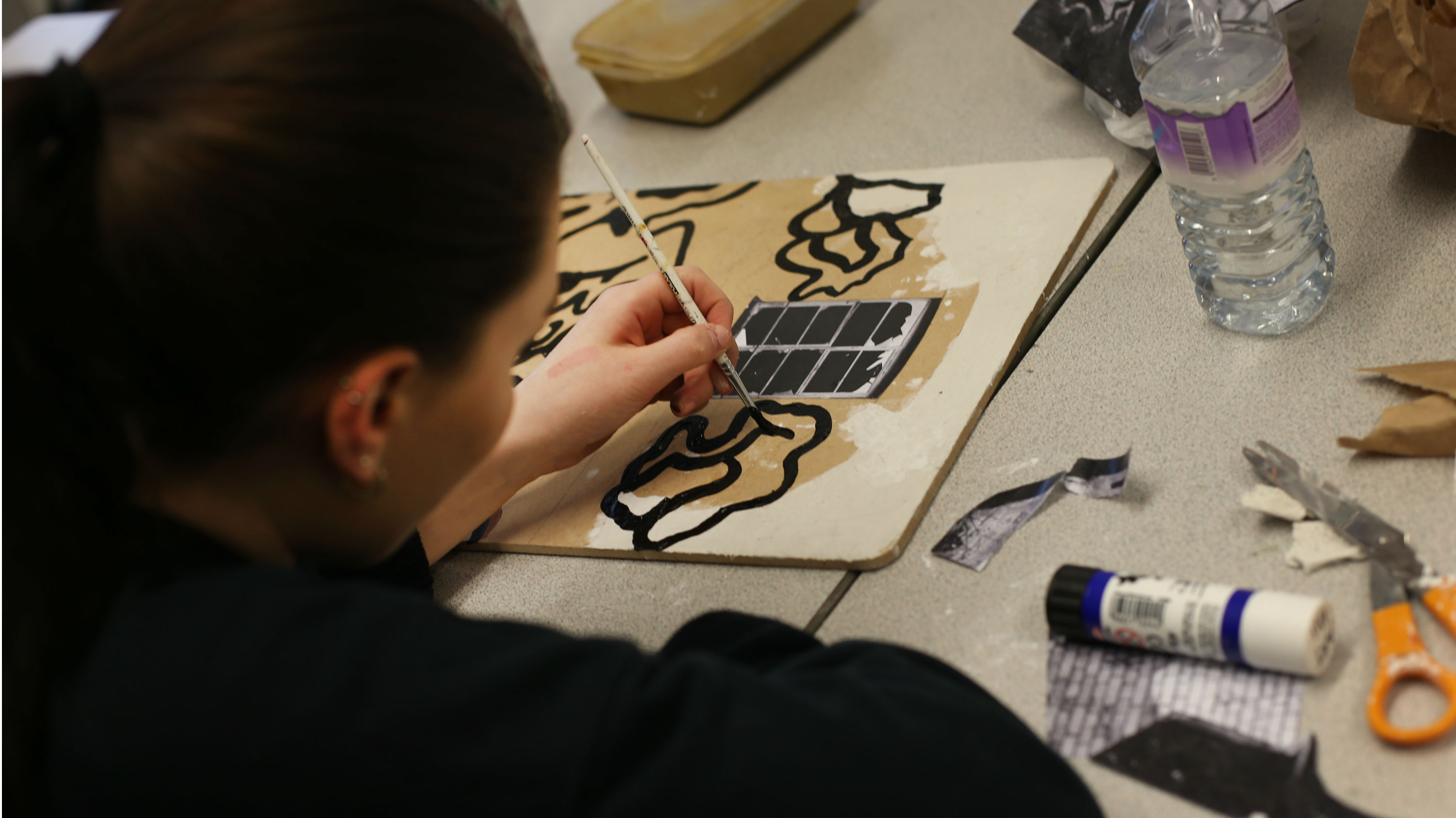A Think Tank for Creative Teens

It is the perfect time for teenagers who love writing, and writers, to have an outlet for their creativity: they are, or soon will be, reading Salinger in class, and now those among them most excited about the story-telling process have a place to go and to share with others like them. Figment.com, launched this week by former New Yorker Managing Editor Jacob Lewis and New Yorker staff writer Dana Goodyear, is more than a Facebook for creative kids; it is a home for them. It is a place where young authors can not only upload their work, but also read work by their peers. Unlike other social networking plays, Figment allows an outlet for something highly specific and yet increasingly less rarefied: the production of creativity.
Today’s Times outlined Figment’s mission, and history:
The idea for Figment emerged from a very 21st-century invention, the cellphone novel, which arrived in the United States around 2008. That December, Ms. Goodyear wrote a 6,000-word article for The New Yorker about young Japanese women who had been busy composing fiction on their mobile phones. In the article she declared it “the first literary genre to emerge from the cellular age.”
Finally: a place online for our sons and daughters and nieces and nephews and godchildren that is less about gossip, and more about creativity. Why not? As the world’s map took shape, there were cities to which aspiring artists gravitated: Athens, Paris, Berlin, New York. Figment is the first of these cities online. Fantasy football will always have an audience, but for aspiring Rushdies, Carvers, Tolstoys and Audens, Figment may be the finest neighborhood in which to spend afterschool hours, and hone craft.
Lewis and Goodyear make a cool, formidable pair; any writer would want work on their radars. Now, a chance. Young writers will have a conduit the adult publishing community, and vice versa. Forget Facebook; perhaps a pre-digital analogy is apt: what The Paris Review has always been for young writers, Figment may now be for their earlier incarnations: a place to learn the rules of the game, and a place to feel a part of a party—one ongoing, ever-changing, and urgently necessary to the world of writing and writers.




